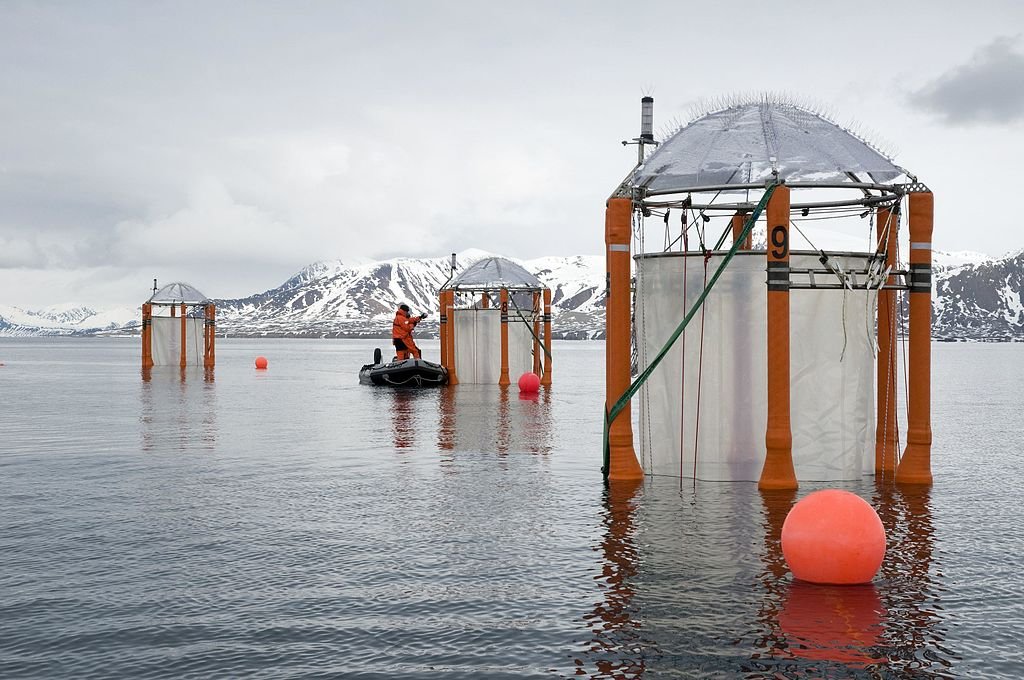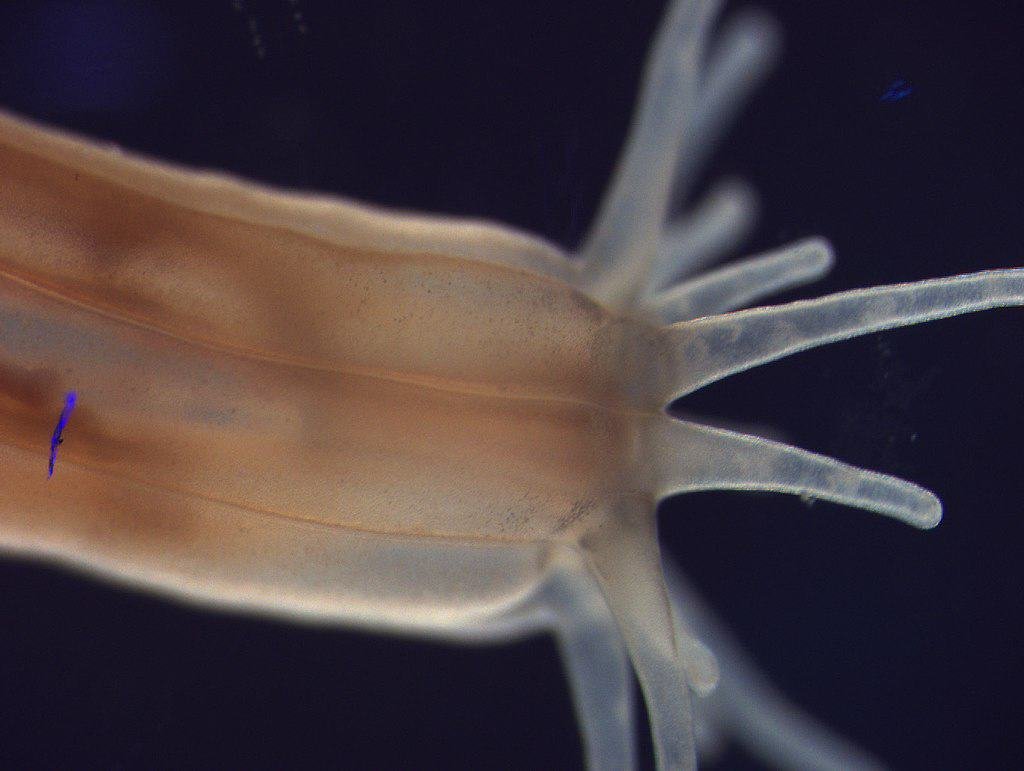Climate change is one of the most significant challenges facing our planet today, and at its core lies the issue of carbon emissions. While much of the discussion around carbon emissions focuses on their impact on global temperatures and weather patterns, these emissions have another, often overlooked, effect—they directly influence our oceans and marine life. Through a process known as ocean acidification, carbon emissions can drastically alter marine ecosystems, threatening the countless species that rely on them. Understanding this issue is crucial for developing strategies to protect marine environments and the biodiversity they support.
The Carbon Cycle and Human Influence

Carbon emissions, primarily in the form of carbon dioxide (CO2), are a natural part of Earth’s carbon cycle. This cycle includes the exchange of carbon between the atmosphere, oceans, and living organisms. However, human activities such as burning fossil fuels and deforestation have significantly increased the concentration of CO2 in the atmosphere. This excess CO2 is absorbed by seawater, with approximately 30% of human-generated CO2 being taken up by the oceans. The rapid absorption of CO2 is altering the chemistry of the ocean at an unprecedented rate.
What is Ocean Acidification?

Ocean acidification refers to the process by which seawater becomes more acidic due to the absorption of CO2. When CO2 dissolves in seawater, it reacts with water to form carbonic acid. This acid then dissociates into bicarbonate and hydrogen ions, increasing the ocean’s acidity (lowering its pH). Since the onset of the Industrial Revolution, oceanic pH levels have dropped by about 0.1 units, representing a 26% increase in acidity. Such changes might seem minor but can have severe repercussions for marine life.
Impact on Marine Organisms

The acidification of oceans poses a significant threat to many marine organisms, especially those that rely on calcium carbonate to build their shells and skeletons, such as corals, mollusks, and some plankton species. As acidity increases, the availability of carbonate ions, necessary for calcification, decreases. This inhibits the growth and structural integrity of these organisms, making them more susceptible to disease and predation. Coral reefs, often referred to as the rainforests of the sea, are particularly vulnerable. They provide habitat and food for a vast array of marine life, and their degradation could lead to the collapse of entire ecosystems.
Effects on Marine Food Webs

The effects of ocean acidification are not limited to shell-building organisms. Many fish, crustaceans, and other marine animals depend on these organisms for food. As foundational species like plankton are affected, the entire marine food web is threatened. For example, pteropods—small sea snails—are a critical food source for various fish and whale species. Disruptions to the populations of such key species could have cascading effects, leading to reduced fish stocks and impacting fishing industries and food security worldwide.
Changing Fish Behaviors

Research has shown that increased CO2 levels in water not only affect physical health but also alter the behavior of marine animals. High acidity can impair the neurological functions of fish, affecting their ability to detect predators, find food, and reproduce. These behavioral changes can reduce survival rates and exacerbate threats to biodiversity.
The Role of Marine Plants and Algae

Interestingly, not all marine life is negatively impacted by increased CO2 levels. Some marine plants and algae may benefit from higher CO2 concentrations, as it can enhance photosynthesis. However, this benefit does not necessarily outweigh the negative impacts faced by other parts of the ecosystem. Increased plant growth could have complex and unpredictable effects on marine biodiversity as a whole.
Mitigation and Adaptation Strategies

Tackling ocean acidification requires a multi-faceted approach. Reducing carbon emissions through renewable energy, energy efficiency, and reforestation remains the most effective long-term strategy. Locally, protecting and restoring marine ecosystems such as seagrass beds and mangroves can enhance carbon sequestration and provide resilience against climate change impacts. Additionally, developing adaptive techniques—such as selective breeding of coral species resistant to acidification—can offer short-term relief to some affected areas.
Conclusion

Ocean acidification is a concerning symptom of increased carbon emissions, impacting marine biodiversity and ecosystems with potentially devastating effects. While the challenge is formidable, it is not insurmountable. By investing in reduction strategies and fostering international cooperation, we can mitigate the effects of ocean acidification and protect marine life for future generations. Public awareness and policy changes will be key in driving the action needed to safeguard our oceans.




